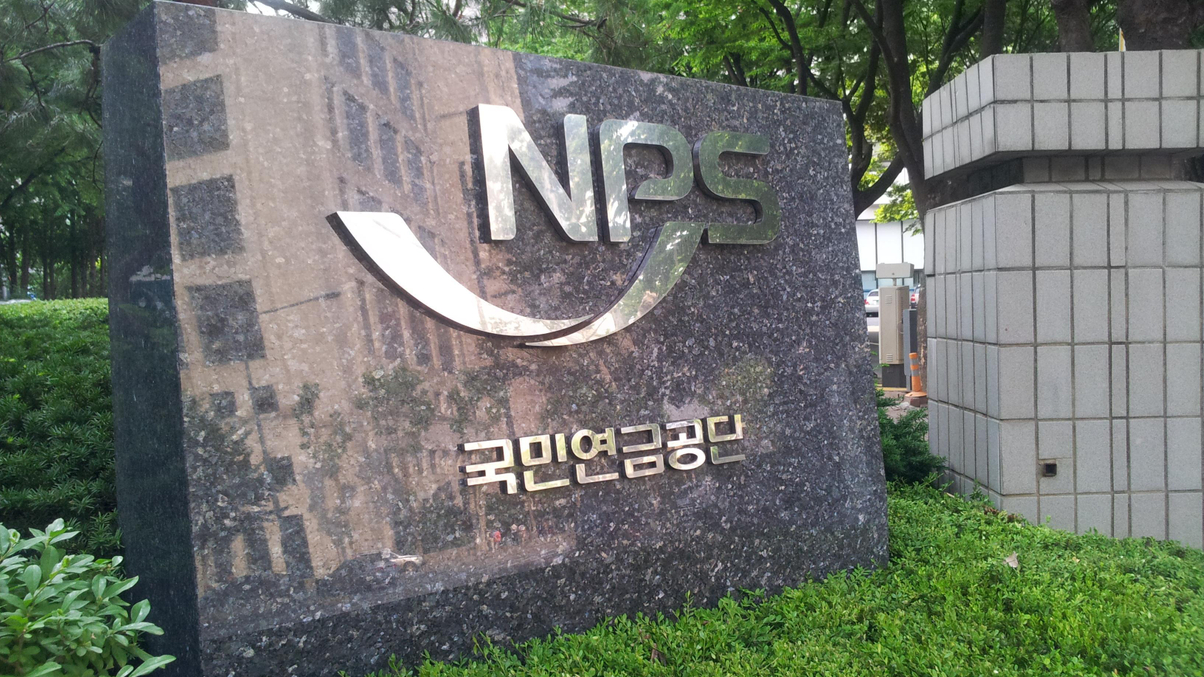NPS faces challenge in hiring more PMs, says ex-CIO
The former CIO of Korea’s National Pension Service says it must add portfolio managers to hit growth targets, but may find hiring tough after moving its fund management centre.

Korea’s National Pension Service (NPS) needs to add more portfolio management professionals to achieve ambitious expansion targets but may find hiring difficult as it relocates its fund management centre, worries its former chief investment officer.
Sign in to read on!
Registered users get 2 free articles in 30 days.
Subscribers have full unlimited access to AsianInvestor
Not signed up? New users get 2 free articles per month, plus a 7-day unlimited free trial.
¬ Haymarket Media Limited. All rights reserved.


